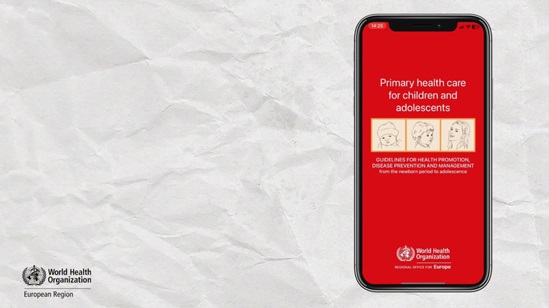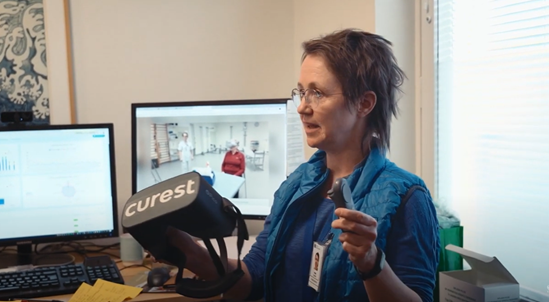WHO/Europe supports Member States in transforming primary health care (PHC) by:
- showcasing well performing PHC in action
- boosting cross-country learning and exchange of experiences
- tailoring lessons learned to different contexts
- systematically sharing good practices across the WHO European Region.
To these ends, WHO/Europe is launching its innovative new WHO PHC Demonstration Platforms. The Platforms address the fact that, while countries often have a PHC transformation strategy, efforts to turn a vision into reality can encounter serious challenges and persistent implementation gaps. Countries visiting the Platforms gain practical understanding of not only what they can do to strengthen PHC, but also how they can overcome implementation barriers.
PHC Demonstration Platforms are being set up across the Region in countries that exhibit reorganized and well performing PHC models. They exemplify successful features, such as multiprofile, networked, integrated and team-based PHC delivery. They demonstrate how countries have been able to reorganize their model of care while reinforcing the system enablers that support that model, such as governance, human resources for health and others.
Visiting delegations have opportunities to speak with the people and agencies that act as the implementation forces of PHC transformation, and to harness their experience. WHO customizes the programme to the current needs and context of the visiting country, and provides technical support on further implementation.
The PHC Demonstration Platform experience is structured as a 4- to 5-day visit connecting national and regional policy-makers and practitioners from the host and visiting countries.
- The host country demonstrates well-performing PHC model supported by strong system enablers.
- The visiting country identifies policies and practices they aim to change and seeks out lessons learned.
- The WHO European Centre for Primary Health Care tailors the programme to the expectations of the visiting country, supports the host country, and acts as a facilitator in learning and organizing this contextualized experience.










